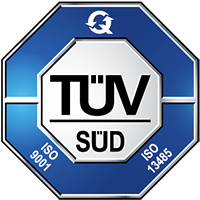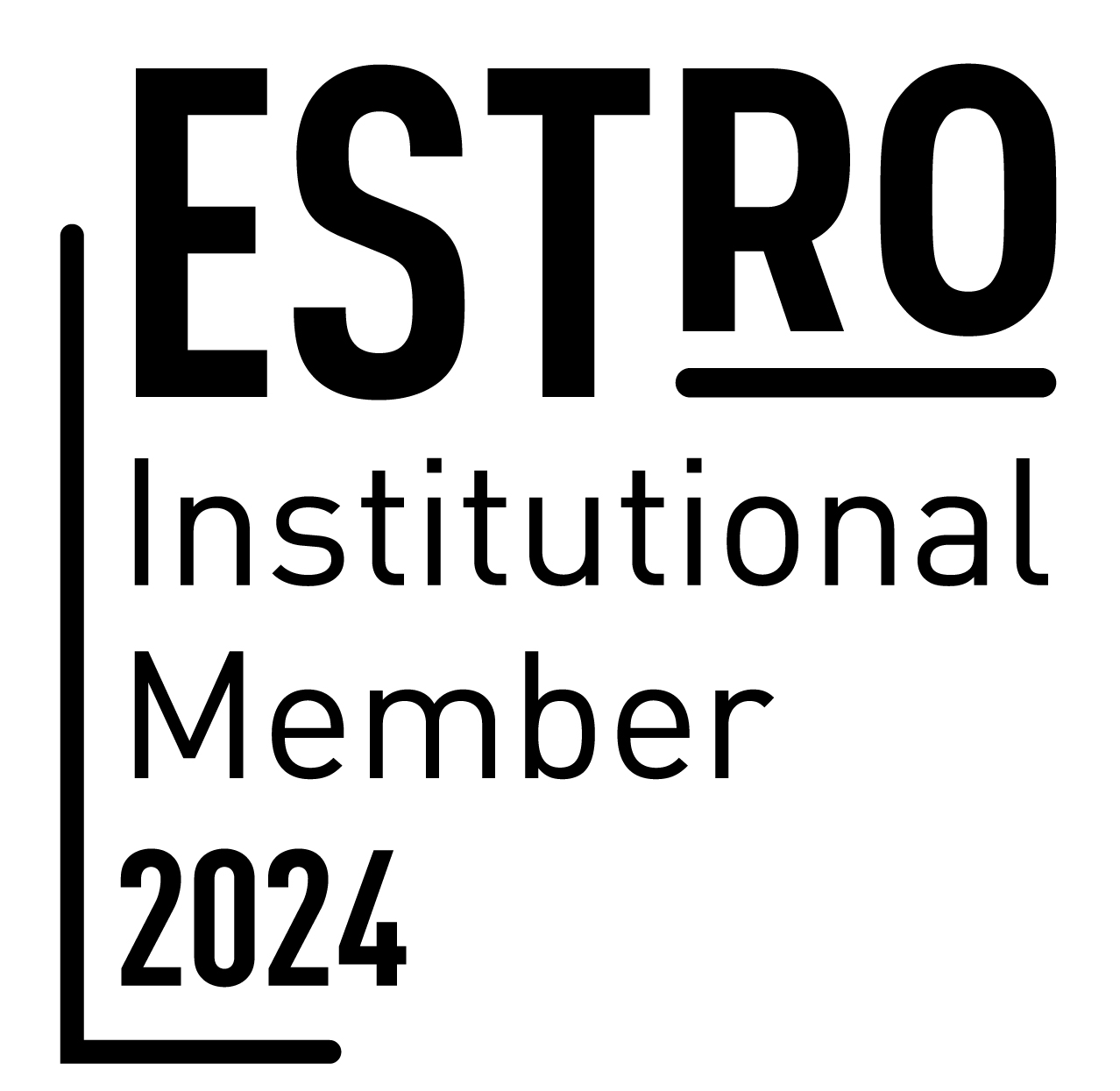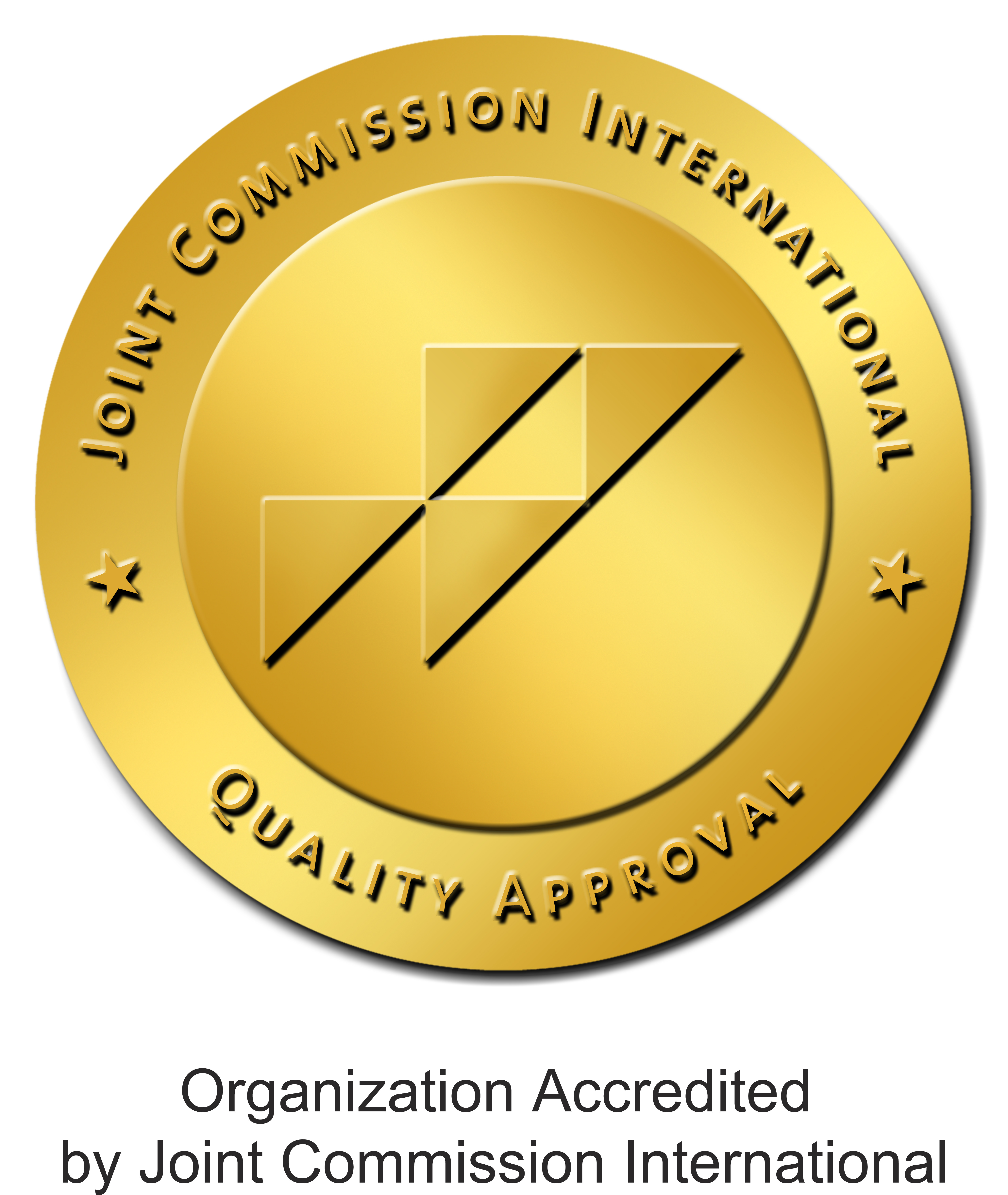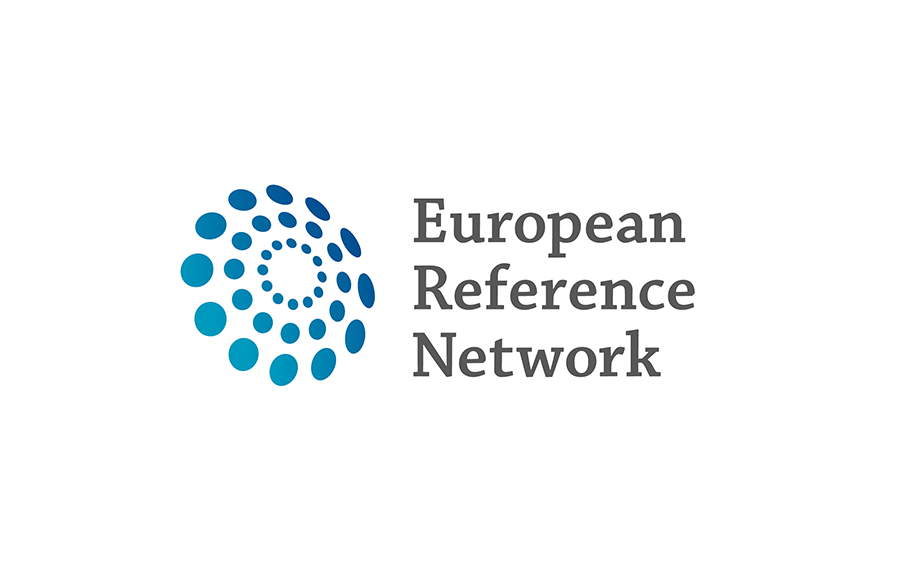Pathologies that can be potentially treated with hadrontherapy
Brain tumours with indication for radiation treatment in patients with genetic syndromes
Want to submit your case? Click HERE
Brain tumours are quite rare neoplasms that develop in the brain, especially in the encephalon region.
The only risk factor for brain tumours that is currently established is high-dose radiation exposure, although strong associations have been found between some genetic syndromes and tumours of the Central Nervous System.
The tumour cannot be defined as an inherited disease, but as a genetic disease. This means that genetic mutations inherited from one or both parents do not inevitably lead to the appearance of the disease, but that they increase its risk. That is the reason why, in tumour cases, we do not speak of heritability but rather a genetic predisposition to develop the disease.
Precisely for this reason, some genetic syndromes may favour mutations that can increase the risk for a tumour to form in different areas of the body.
The most common genetic syndromes with associated predisposition to start brain tumours are:
- Neurofibromatosis type 1
- Neurofibromatosis type 2
- Li Fraumeni syndrome
- Gorlin syndrome
- Cowden syndrome
- Lynch syndrome
- Von Hippel-Lindau syndrome
- Turcot syndrome
In people suffering from genetic syndromes, hadrontherapy is the best treatment option, since it is very advanced form of radiotherapy that avoids the high potential risk of radiation-induced toxicity in this type of patients.
Using hadrontherapy to treat brain tumours in patients with genetic syndromes allows, in fact, to deliver a lower dose of irradiation on healthy tissues located near the tumour region, and as a result, long-term side effects, late toxicities and the incidence of subsequent radiation-induced tumours are reduced.
In addition, hadrontherapy is particularly indicated in the following cases:
- Brain tumours (due to the proximity to critical structures)
- Childhood cancers
- Neoplasms that are radio-resistant to traditional radiotherapy
- Recurrences in patients who have previously undergone traditional radiotherapy













